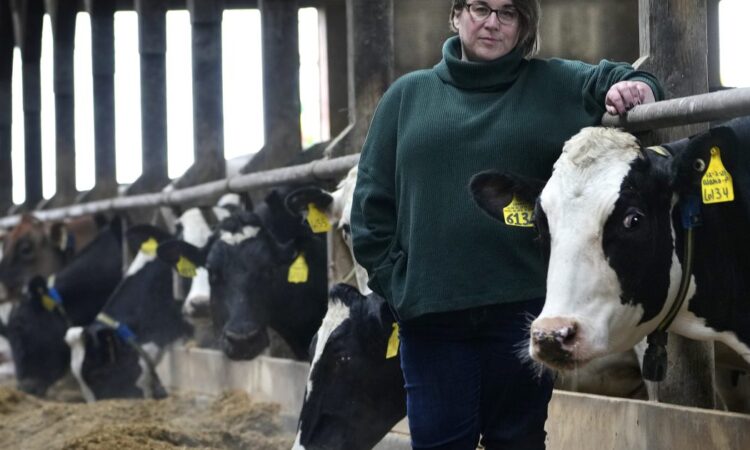
The U.S. economy should be in a real
pickle. But it isn’t. Why? Immigrants are filling vital roles in the job
market.
Here’s some backstory. The Federal Reserve
is the central bank of the United States. Its goals are to keep prices stable
and encourage employment. A spike in prices of products can cause inflation. The
Federal Reserve responds by raising interest rates. Higher interest rates make
it more expensive for people to borrow money. That encourages people to save. With
less demand in the market, product prices usually drop.
The Federal Reserve has aggressively
raised interest rates over the past 16 months. Raised interest rates sometimes lead
to a recession. During a recession, people buy less. Businesses sometimes shut
down. Some folks lose their jobs.
Surprise, surprise! Instead of a
recession, the U.S. economy saw hundreds of thousands of jobs added month after
month. Some economists say the reason for such a strong job market is
immigration.
The Congressional Budget Office estimated
in 2019 that about one million people would immigrate to America in 2023. The
actual number turned out to be 3.3 million. Those immigrants came ready to
work.
Immigrants often take undesirable,
low-paying, yet essential jobs that most U.S.-born Americans won’t. They also can
boost the country’s innovation and productivity, as they are more likely to
start their own businesses.
More workers filling jobs and spending
money helped drive economic growth. Immigrant workers eased the pressure on
companies to sharply raise wages. Companies also avoided passing on higher
labor costs to their customers in higher prices that feed inflation.
Consider the workforce of the Flood
Brothers farm in Maine’s “dairy capital,” Clinton. Foreign-born workers make up
half the farm’s staff of nearly 50. They feed cows, tend crops, and help
collect the milk—18,000 gallons each day.
“We cannot do it without them,” says Jenni
Tilton-Flood, a partner in the operation.
Critics argue that a surge in immigration
can force down pay for low-income workers. Unexpected waves of immigrants can
overwhelm state and local governments with heavy costs, including assistance
with housing.
But for now, immigrants like Mariel
Marrero fill millions of job vacancies. Marrero fled Venezuela in 2016. She had
received death threats for being a political opponent of the government. She
crossed the U.S. border and applied for asylum.
Marrero’s case is still in process, but
she received authorization to work in the United States last July. She found
work selling telephones. Then she became a sales clerk at a convenience store. She
currently shares a two-bedroom house with three other Venezuelans in Doral,
Florida. She makes enough to send $200 a month to her family in Venezuela.
Marrero has her own American dream. “I
imagine having my own company, my house, helping my family in a more
comfortable way.”
Love
the sojourner, therefore, for you were sojourners in the land of Egypt. —
Deuteronomy 10:19






